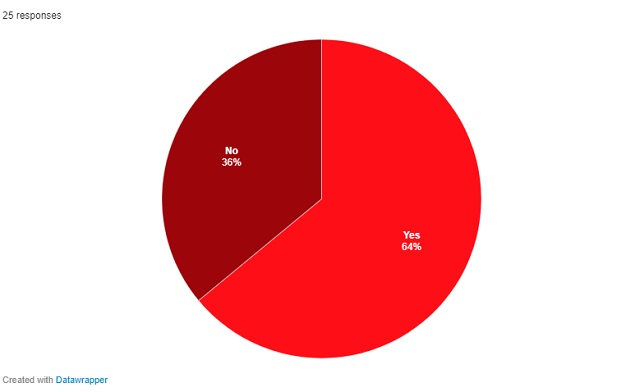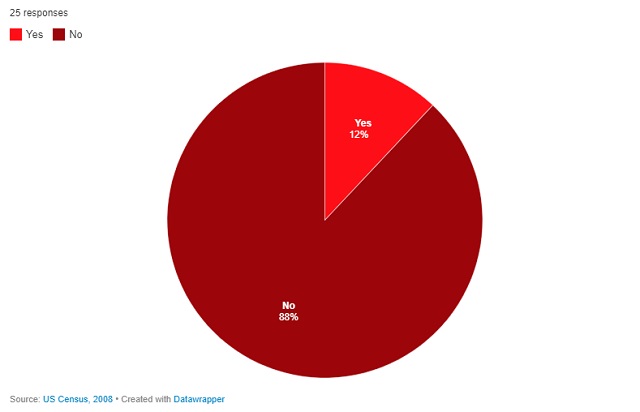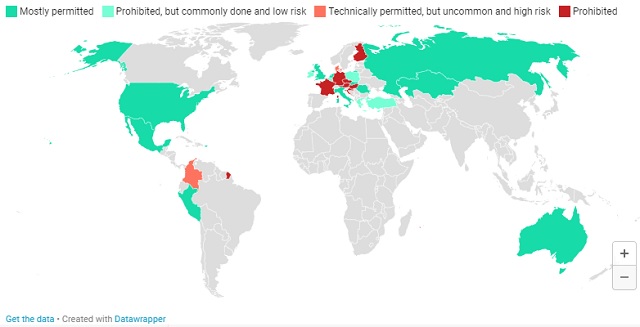- within Antitrust/Competition Law, Government, Public Sector and Wealth Management topic(s)
Employers worldwide are keen to ensure they hire and retain a diverse workforce and provide an inclusive workplace. One way to measure an organisation's success in doing so is through monitoring. However in some countries, collecting data from employees on race, ethnicity, religious belief or sexual orientation can run foul of data privacy laws. Here, Ius Laboris lawyers from across the alliance explain whether diversity monitoring is permitted in their jurisdiction and what limits apply.
In the wake of the global Black Lives Matter movement, workplaces across the globe have self-reflected on how race and ethnicity impact on their own hiring and other employment practices.
A key element of addressing race and ethnicity disadvantage is understanding the diversity composition of a workforce. Monitoring the racial composition of a workforce, including tracking movement within the workforce and the candidates who apply for roles, provides insight into how diverse a workplace really is. With this insight, employers may be better placed to take positive steps to promote or maintain equality of opportunity or treatment among racial or ethnic groups.
Diversity monitoring can also extend to other characteristics beyond race and ethnicity.
- Tracking the disability status of candidates can help to identify impediments to those with health needs being hired.
- Tracking religious or philosophical belief can identify whether those from a minority religion are excluded from hiring/promotion opportunities.
- Monitoring open sexual orientation status can gauge whether a workforce feels comfortable bringing their whole selves to work.
Promoting openness and inclusion encourages hiring and retaining talent from a more diverse pool of workers.
However, race, ethnicity, disability status, religious or philosophical belief and sexual orientation are frequently considered by data protection laws to be 'sensitive' types of personal information and are afforded special protections. In some cases, employers are prohibited under discrimination laws from asking about or tracking this type of information about employees, even when conducted anonymously.
In our survey, 64% of countries surveyed prohibit or significantly restrict diversity monitoring.
Does your country place any prohibition or significant restriction on diversity monitoring?
Global legislative change appears to be slow. Only 12% of surveyed countries indicated diversity monitoring legislative change on the horizon.
Is there any legislative change on diversity monitoring on the horizon?
Despite this, employers frequently face internal and external pressure or encouragement to conduct diversity monitoring despite legal barriers. For example, the parent of a group of companies may require its members to conduct diversity monitoring (despite local restrictions) so that a group-wide diversity 'snapshot' can be obtained.
Employees may also push monitoring initiatives to promote an inclusive and diverse workplace.
D&I Monitoring map
Our world map, below, provides global insights into how data protection laws can impact on an organisation's diversity monitoring ambitions.
The content of this article is intended to provide a general guide to the subject matter. Specialist advice should be sought about your specific circumstances.
[View Source]





